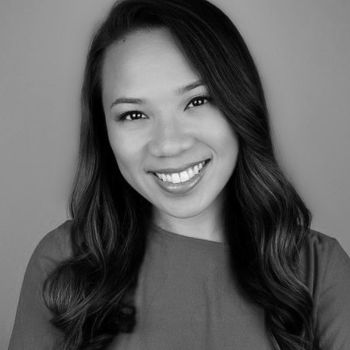SFSU president defends inviting terrorist hijacker to speak
SFSU President Lynn Mahoney wrote an op-ed defending the school’s decision.
San Francisco State University invited terrorist hijacker Leila Khaled to speak at a virtual event.
San Francisco State University President Lynn Mahoney is defending the school’s decision to invite terrorist hijacker Leila Khaled to speak at a virtual event on September 23. Khaled is best known for hijacking a plane on behalf of the Popular Front for the Liberation of Palestine, a U.S. designated terrorist organization, in 1969.
On a flight from Rome to Tel Aviv, Khaled and a fellow PFLP member revealed they had a hand grenade and pistol and made their way to the cockpit to announce, “This is the Palestinian movement taking over your airplane.” They, then, instructed the pilots to redirect the flight to Damascus and fly over Palestine to “put the suffering of her people on the world’s stage,” according to an interview with Vice.
Finally, when the flight was evacuated, they blew up the nose of the aircraft.
[RELATED: SFSU invites terrorist hijacker for university-sponsored event]
As Campus Reform previously reported, the school’s event page listed the event with Khaled as a “historic roundtable conversation with Palestinian feminist, militant, and leader.” According to a flyer posted by Arab and Muslim Ethnicities and Diaspora Studies Professor Rabab Ibrahim Abdulhadi, the event plans to discuss gender, justice and resistance, which she acknowledges will “undoubtedly” bother Zionist groups.
But in an op-ed for the Jewish News of Northern California, Mahoney responded to the backlash by writing, “I condemn hate but cherish a diversity of opinions.” Mahoney acknowledged that she has had conversations with the Jewish community about the “deeply painful impact of this upcoming presenter, as well as past campus experiences.”
[RELATED: New SF State facility helps trans students train their voices]
“We condemn ideologies of hatred and violence,” said Mahoney. “We do this not by restricting protected speech, teaching or scholarship, but by providing resources for those in need of support and, again, by facilitating educational opportunities that promote viewpoint diversity.”
Campus Reform reached out to San Francisco State University for a statement but did not hear back in time for publication.
Follow the author of this article on Twitter: @JezzamineWolk

